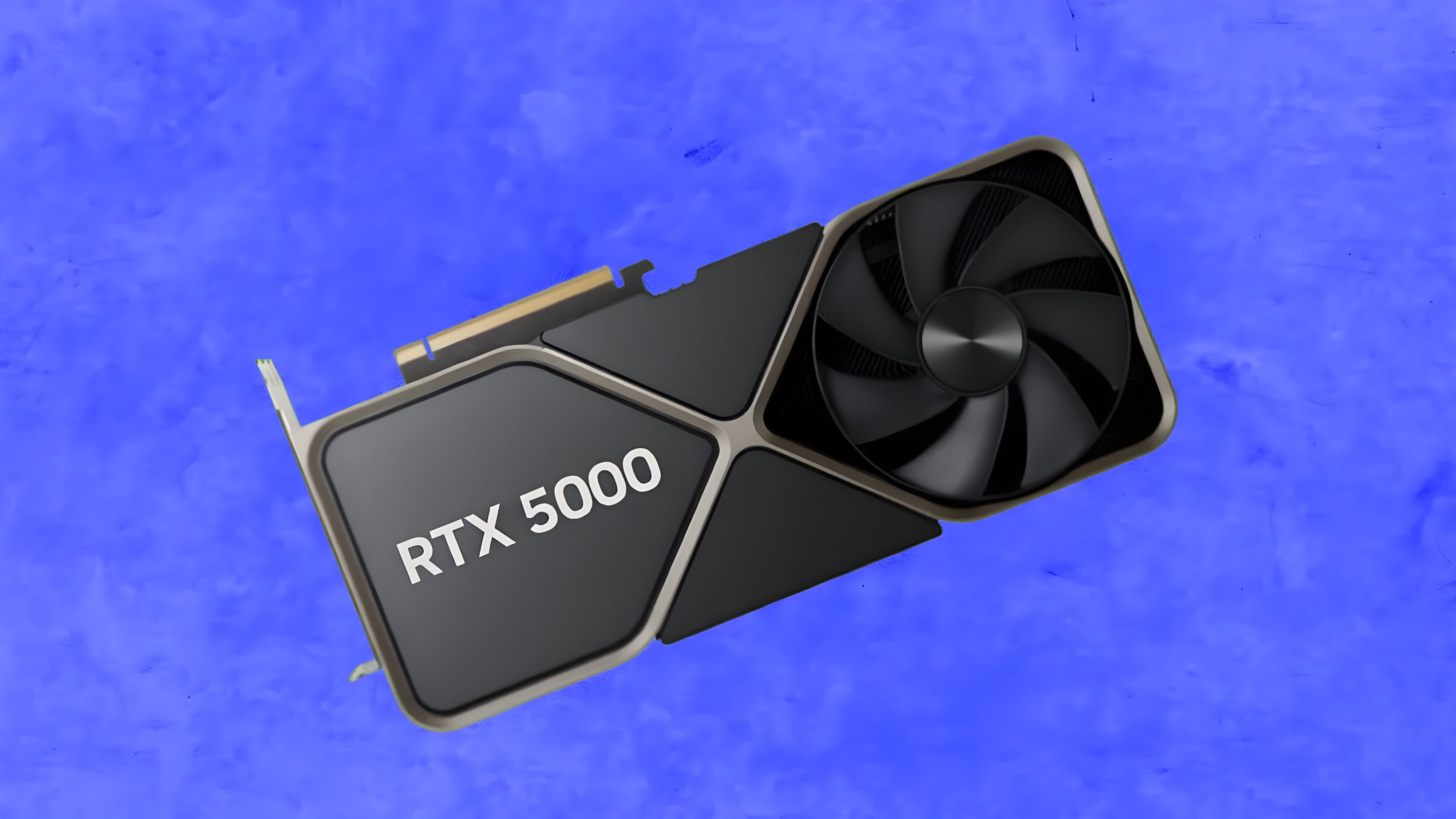Rumor mill: The release of Nvidia's RTX 50-series GPUs is still a long way off, with rumors suggesting that it could happen either in late 2024 or early 2025. However, that isn't stopping the rumor mill from churning out reports about their specs, architecture, performance, and power requirements.
According to the latest post by prolific tipster @kopite7kimi, the RTX 50 "Blackwell" graphics cards will be based on the GB202 and GB203 GPUs. The former is expected to be the full fat flagship, while the latter will be the cut-down version with half the number of cores.
In comparison, the current-gen AD102 GPU underpinning the RTX 4090 lineup comes with 80 percent more cores than the AD103 that powers the RTX 4080 and lower. However, the tipster was unsure about whether the GB202 will use a multi-chip package.
I think GB203 is half of GB202, just like GB102 and GB100. But I don't know if GB202 has a multi chip package.
– kopite7kimi (@kopite7kimi) March 11, 2024
Another rumor surrounding the upcoming graphics cards is that they might feature a 512-bit memory interface compared to the 384-bit interface found on the flagship AD102 Ada GPU. That's in direct contrast to a rumor from last week, which claimed that the GB200 gaming GPUs will retain the exact same memory interface as Ada, suggesting they will only pack a 384-bit bus at the maximum.
Finally, the first set of Blackwell gaming cards are also tipped to ship with 28Gbps GDDR7 memory, which is a tad lower than the 32Gbps maximum capacity of the GDDR7 chips. However, this will still be substantially faster than previous generation graphics memory, as GDDR6 only offered up to 18Gbps bandwidth, while GDDR6X went up to 21Gbps. While Nvidia is expected to stick with 16Gbit densities for the GDDR7 memory chips, there's no word on the memory bus widths of the individual SKUs.
28Gbps.
– kopite7kimi (@kopite7kimi) March 11, 2024
If the latest report turns out to be accurate, it could mean a significant performance boost for the RTX 5090, thanks to the extra cores from the GB202 GPU, the increased memory bandwidth, and the 512-bit bus.
As with all rumors, these need to be taken with a pinch of salt. A lot can still change between now and the eventual launch of the RTX 50-series cards.
